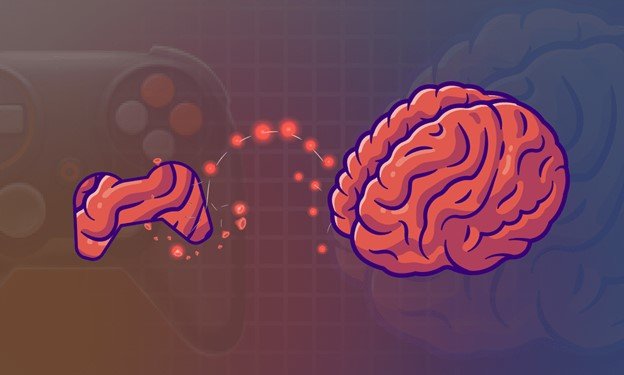In today’s world, mental health is a growing concern for people of all ages. Stress, anxiety, depression, and social isolation affect millions around the globe. While traditional treatments such as therapy and medication remain essential, an unexpected ally has emerged in the fight for better mental well-being—games. Whether digital or physical, games can play a surprisingly positive role in improving emotional health, building resilience, and providing much-needed relief from the pressures of daily life.
Games as a Source of Stress Relief
One of the most immediate benefits of playing games is stress reduction. When people engage in games, their minds are often focused entirely on the task or goal within the game, providing a form of escape or distraction from real-world problems. This “mental break” can be incredibly valuable, especially for individuals who experience anxiety or chronic stress.
Games that are relaxing or meditative—such as puzzle games, calming mobile apps, or creative sandbox games like Minecraft—allow players to unwind in a peaceful and safe virtual environment. For many, just 15 to 30 minutes of gameplay can help reset the mind and improve 78WIN.
Boosting Mood and Happiness
Playing games triggers the release of “feel-good” chemicals in the brain such as dopamine, which is associated with pleasure and reward. Whether it’s completing a level, solving a challenge, or earning a high score, games offer frequent small victories that provide a sense of accomplishment. These small rewards can help build confidence and bring moments of joy, especially for people who may struggle with low self-esteem or depression.
Cooperative games and multiplayer experiences also create social joy. Laughing, strategizing, and celebrating wins with friends—online or in person—can reduce feelings of loneliness and strengthen emotional bonds.
Improving Focus and Cognitive Function
Mental health isn’t just about emotions—it’s also about keeping the brain active and healthy. Many games are designed to test memory, attention, and problem-solving skills. Puzzle games like Sudoku, crosswords, or mobile brain-training apps help keep the mind sharp, particularly in older adults.
Even action or strategy 78WIN COM improve hand-eye coordination, multitasking, and decision-making. These cognitive benefits can be especially useful for people recovering from mental health challenges, as they help re-engage the brain and restore a sense of control.
Building Emotional Resilience
Games often put players in challenging situations where they must learn to handle failure, adapt, and try again. This process teaches perseverance and emotional regulation—skills that are crucial in real life.
For example, in a competitive game, losing gracefully and trying again helps build resilience. In story-driven games, players often face emotional narratives that can encourage empathy and deeper understanding of complex emotions. Some therapeutic games are even designed specifically to teach players how to cope with anxiety, depression, or trauma.
Games in Therapy and Mental Health Treatment
Mental health professionals are increasingly using games in therapy. Video games and virtual simulations are being used to treat conditions such as PTSD (post-traumatic stress disorder), social anxiety, and phobias. These games help patients confront fears in a safe environment and learn coping strategies.
Apps like Happify, Headspace, and SuperBetter combine game-like features with therapy-based techniques to promote better mental health, daily mindfulness, and positive habits.
The Importance of Balance
While games offer many mental health benefits, moderation is key. Excessive gaming can lead to issues such as addiction, social withdrawal, or disrupted sleep. It’s important for players to maintain a healthy balance between gaming and other aspects of life like physical activity, relationships, and responsibilities.
Parents and caregivers should guide children to choose age-appropriate games and monitor screen time. Adults should also be mindful of how gaming fits into their daily routines and emotional needs.
Conclusion
Games are more than just fun—they can be powerful tools for improving mental health and emotional well-being. Whether offering stress relief, cognitive stimulation, or emotional resilience, games have a unique ability to heal, connect, and uplift.
As awareness of mental health grows, the positive role of games in supporting it deserves more recognition. With thoughtful use and balance, games can be a valuable part of a healthy and fulfilling life.




